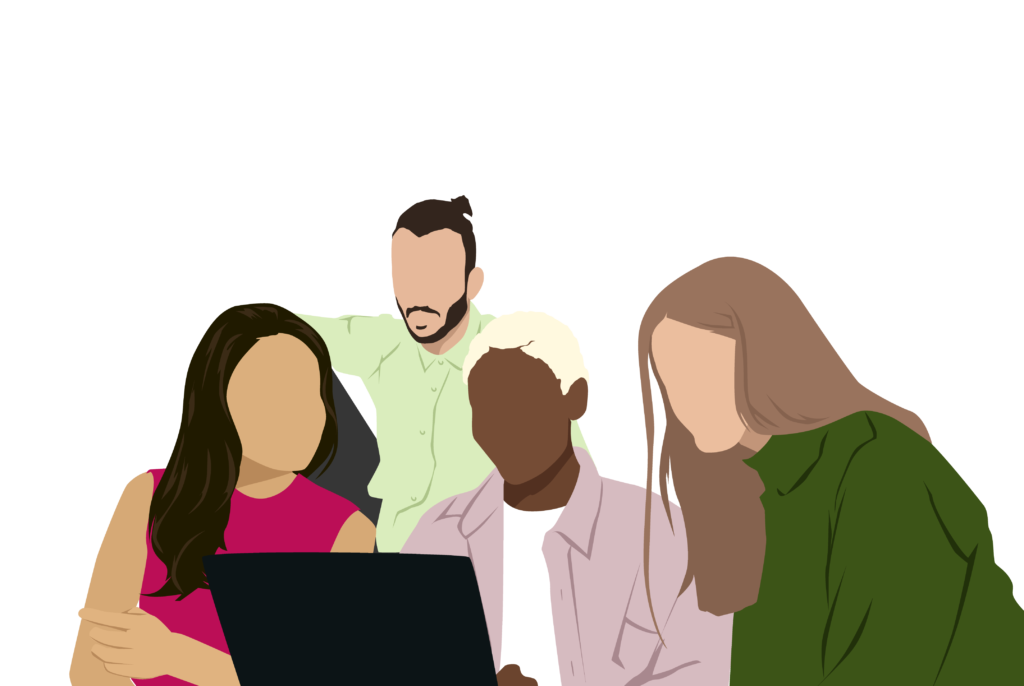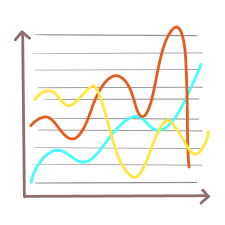
Cohort & Team Advisory
WHO: Leaders, Managers, Administrators, Teams
WHAT: This is helpful for a group of leaders who find having a candid, outside perspective helpful. Together we can work to identify obstacles to success & competing objectives.
This is most effective for organizations and teams whose dilemmas require urgency and nuanced thinking. In this regard, it can be helpful to have access to poignant & thoughtful expertise.
HOW: Iterative diagnostic tools, power-mapping, root cause analysis & creative problem-solving & CBT- inspired discussion protocols.

Cohort Training
WHO: Small groups (6-20)
WHAT: All cohort trainings are tailored to address the pain points and aspirations of the cohort participants. The process begins with discovery. Discovery sessions help the cohort clarify the work of achieving their goals, and how they might measure progress. The wisdom of the group is critical for developing self-efficacy and achieving outcomes that stretch capacity.
HOW: Through discourse and audacious conversation, the group will distill the competencies and skills needed to catalyze their outcomes
Sessions are curated to help build participants’ self-efficacy and competence. Meanwhile, pre-session[s] & post-session[s] assessment is administered to measure for progress.

Climate Assessment
WHO: Climate assessments have the most utility when the entire organization participates but can also be helpful for smaller teams.
WHAT: Climate assessments can measure a range of domains to be mixed and matched according to the type of organization and its goals. A non-profit organization will often measure different metrics than an educational institution or private sector organization. Domains can include:
- Visible Institutional Commitment
- Inclusive Culture & Perception
- Leadership Infrastructure
- Organization Structure
- Diversity Representation
- Cultural Competency Development
- Professional Development
- Community Engagement
- Curriculum
HOW: Qualitative data is collected through interviews & focus groups from a wide array of stakeholders. After identifying themes and community perceptions, we compare the findings with quantitative measurements to make a comprehensive summary, book-ended by recommendations, commendations, and a communication guide for transparent communication to the larger community.